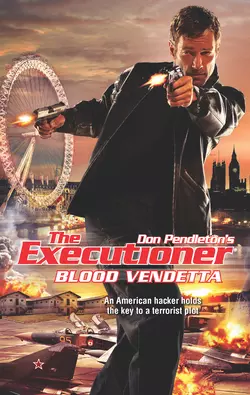Blood Vendetta

Don Pendleton
Тип: электронная книга
Жанр: Книги о приключениях
Язык: на английском языке
Стоимость: 458.46 ₽
Статус: В продаже
Издательство: HarperCollins
Дата публикации: 16.04.2024
Отзывы: Пока нет Добавить отзыв
О книге: An American hacker becomes target number one after she accesses the account of a Russian mob boss, revealing his organization′s terror plot against the U.S. by taking out its satellite system. She knows two things: they′re coming for her and she′s out of her league.Having the intel the hacker stumbled into could prevent millions of deaths, and Mack Bolan is determined to find her before the Russians do. There′s only one problem. No one knows what she looks like. And when one of her friends compromises her location in London, the Executioner knows he must make his final move and end this high-stakes game of hide and seek…one way or the other.